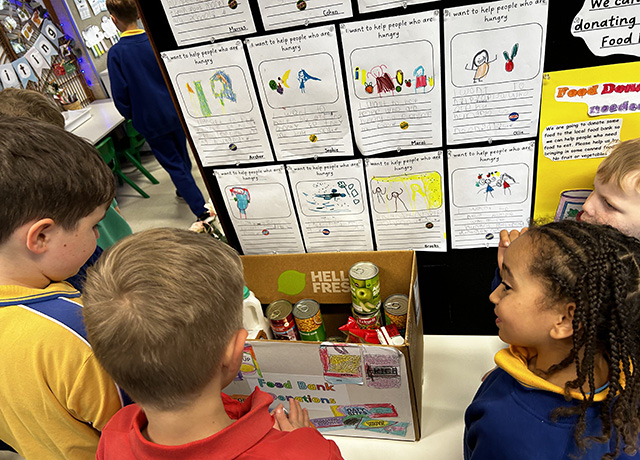Mathematics at Bambara Primary School
At Bambara Primary School, we are committed to developing confident, capable, and creative mathematicians. Our Mathematics program is fully aligned with the Western Australian Curriculum, which is organised around three core content strands:.
- Number and Algebra
- Measurement and Geometry
- Statistics and Probability

These are underpinned by four key proficiency strands that guide our teaching and learning:
- Understanding
- Fluency
- Problem Solving
- Reasoning
These proficiencies are embedded into every lesson, enabling students to make connections, apply their mathematical knowledge in a variety of contexts, and develop confidence in solving problems independently and collaboratively.
Early Childhood Mathematics (Kindergarten to Year 2)
In the early years, our mathematics instruction is grounded in play-based and hands-on learning, reflecting best practices in early childhood education. Students explore foundational concepts through:
- Concrete materials and manipulatives (e.g., counters, blocks, number lines)
- Games, songs, and counting rhymes to reinforce number sense and pattern recognition
- Rich mathematical talk and explicit vocabulary development to support conceptual understanding
- Real-life contexts and experiences that make maths meaningful and relevant
We focus on developing students' understanding of number, spatial awareness, measurement, and data in ways that are developmentally appropriate and engaging. These experiences lay the foundation for strong numeracy and mathematical thinking.
Middle and Upper Primary Mathematics (Years 3 to 6)
As students move into the middle and upper years, they deepen their fluency with number facts and begin working with more abstract concepts. Best practice in these years includes:
- Explicit teaching of mathematical concepts and strategies, with regular opportunities for guided and independent practice
- Structured problem-solving tasks that build reasoning and critical thinking
- Use of visual representations and mathematical models to support conceptual understanding
- Collaborative learning and discussion to strengthen communication and peer learning
- Opportunities for reflection, explanation, and justification of thinking
Students are taught how to approach complex, multi-step problems using a range of strategies, supported by feedback and scaffolding as they build confidence and independence.
Instructional Framework and Resources
To ensure consistency and high-quality instruction across the school, we use the Oxford Maths program, which aligns with the Western Australian Curriculum and supports a Gradual Release of Responsibility model. This approach moves students from teacher modelling and shared learning to independent application, with differentiation built into every stage.
Teachers also integrate formative assessment and feedback to monitor understanding and inform instruction, ensuring each student is appropriately challenged and supported.
Our Commitment to Mathematics Learning
At Bambara Primary School, we aim to foster a lifelong love of mathematics by making learning engaging, accessible, and relevant. We encourage our students to:
- Take risks and embrace challenges
- Explore different strategies and explain their thinking
- Make connections between mathematical concepts and everyday life
- See themselves as capable and successful learners of mathematics
Through a balanced, evidence-based approach to mathematics instruction, we equip students with the skills and mindset they need to be confident problem-solvers in a rapidly changing world.

Stay Connected
Bambara Primary School
30 Gosse Road,
Padbury, WA 6025
+61 8 6206 2150
